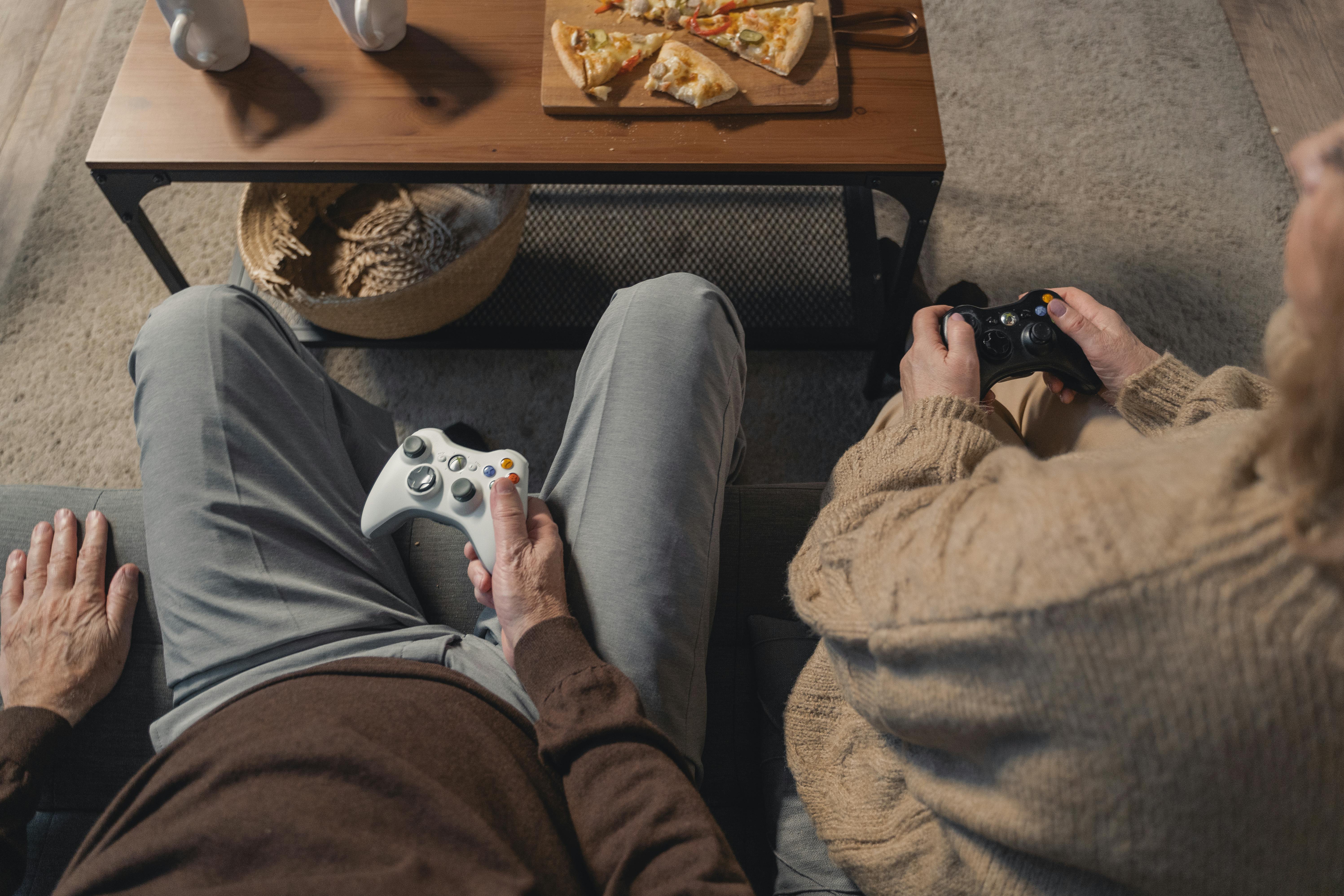The Unexpected Intersection: Video Games and Mental Health
Video games and mental health may seem like an unlikely pairing, but they represent an intersection of interest for many in the gaming industry and beyond. As research continues to shed light on the potential mental health benefits and drawbacks of gaming, the conversation is becoming increasingly relevant. This article delves into this topic, discussing the roots of the relationship between video games and mental health, recent developments, and the significant cultural impacts.

Setting the Stage: A Brief History
Video games have been a staple of popular culture since the 1970s, offering an escape from reality and a chance for players to immerse themselves in virtual worlds. However, it wasn’t until the late 1990s and early 2000s that researchers began to explore the potential psychological impacts of these games. Early studies focused mainly on the negative effects, such as addiction and increased aggression. However, a shift occurred in the mid-2010s, with more researchers examining the potential benefits of video games for mental health.
Current Developments: A New Perspective
Modern research has brought a new perspective to the discussion, shedding light on the potential benefits of video games for mental health. Recent studies suggest that video games can provide a form of relaxation and stress relief, improve mood, and even help manage symptoms of mental health conditions such as depression and anxiety. For instance, a 2020 study published in the Journal of Clinical Psychology found that participants who played video games reported lower levels of anxiety compared to those who did not.
The Significance of the Intersection
The intersection of video games and mental health is significant for several reasons. For one, it challenges the long-standing narrative that video games are inherently harmful. Additionally, it opens up potential avenues for the use of video games in mental health treatment and intervention, a concept that some researchers and mental health professionals are already exploring.
Cultural Impact and Player Reception
The relationship between video games and mental health has had a profound cultural impact, shifting the conversation about video games in society. Video games are increasingly recognized not just as a form of entertainment, but also as a potential tool for promoting mental well-being. This shift is reflected in the player community as well, with many players sharing stories about how video games have helped them cope with mental health challenges.
The Road Ahead: Future Implications
The intersection of video games and mental health is a continually evolving field. As more research is conducted, we can expect to gain a deeper understanding of how video games impact mental health, both positively and negatively. This ongoing dialogue will undoubtedly shape the future of the gaming industry, informing game design, player support services, and perhaps even the way we view video games in society.
The connection between video games and mental health is only beginning to be fully understood. As we continue to explore this unique intersection, we may find that video games can serve a purpose beyond mere entertainment, potentially offering new avenues for mental health support and treatment. As with any emerging field, there are challenges to navigate and questions to answer, but the potential for positive change is undeniable.




